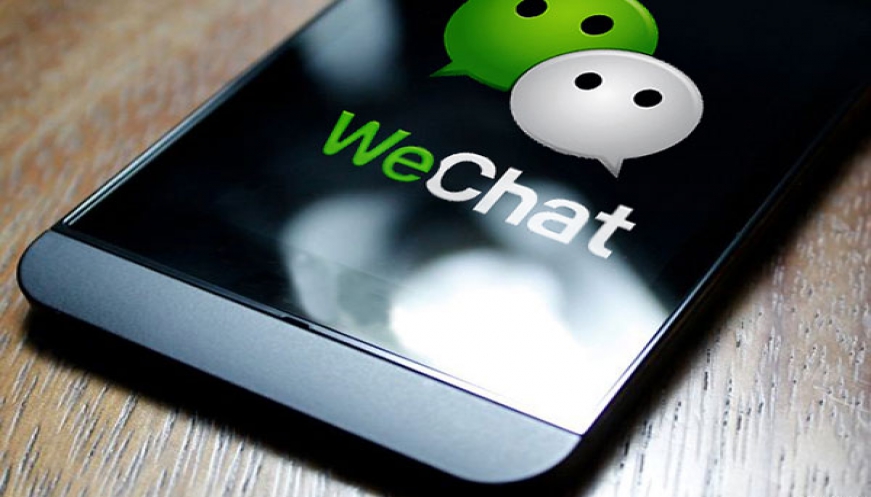If you’re planning on breaking into the Chinese market or having greater access to Chinese shoppers in Australia there’s a very good chance you’ve heard of popular social media app WeChat.
Since its release in 2011, the platform has evolved from a simple chat tool to an all-in-one super portal with over 963 million users per month. It’s assumed the app is on nearly every Chinese person’s phone. People chat, pay bills, book taxis, restaurants even accommodation all from one app.
Initially, WeChat was embraced by Australia’s Chinese community as a way to chat with friends and family still in China. However, users are now using the services to purchase goods and services.
Here’s what you need to know if you’re planning on using it.
WeChat Mobile Payments
The platform contains WeChat Pay, a payment tool which in 2016 alone was used to exchange 38 trillion yuan ($7.5 trillion AUD). A recent study showed that 84 percent of Chinese people willing to replace cash with mobile payment.
Chinese based WeChat owner, Tencent, has set their sights on expanding their cash-free economy. So far, WeChat Mobile payments are available in 25 countries and it’s no surprise that Australia was one of the first international markets targeted by Tencent. In 2016, Chinese tourists spent $9.2 billion in Australia, with this figure expected to rise to $13 billion by 2020.
In an exciting new development and for the first time since its release, non-Chinese shoppers will now be able to use the mobile payment system. Tencent says this is the first time users are able to access the WePay without needing a Chinese bank account or credit card.
Australian based merchants are starting to catch on, with more than 10,000 retailers across Australia now accepting WePay. There are currently 3 million WeChat users in oz, with 38 percent of these being non-native Mandarin or Cantonese speakers.
So far the majority of the merchants to accept WePay are duty-free shops and Chinese restaurants. Pharmacies are also starting to accept payments with Australian-made baby formula and health supplements increasingly popular with Chinese buyers.
Censorship Concerns
There have been some concerns raised over user privacy whilst using the app. Recently, the Indian Government blacklisted WeChat as it was deemed spyware.
These conclusions aren’t entirely unfounded, Beijing has a history of pressuring tech companies to assist them with information surveillance. Recent reports indicate that private conversations had on WeChat are monitored by the Chinese police. However, WeChat denies these accusations.
Advice when using WeChat in Australia
While WeChat claims it does not monitor in-store user data it’s important to keep the following in mind:
When your WeChat account is registered in China, even if you’re connected to an Australia number, your communication will always be censored. The most common form of censorship is ‘keyword blocking’. Messages sent with sensitive words eg. ‘free Tibet’ or ‘Tiananmen June 4’ will not be received.
WeChat accounts registered outside of China will not be governed by the same strict censorship rules as Chinese users but if you’re planning on chatting with Chinese users Chinese censorship rules will apply. Messages sent to Chinese accounts with censored keywords will be blocked.
New regulations introduced by the Chinese Government state that group chat admins are responsible for all content sent in group chats. Conversations considered to be rumours, politically sensitive or regarding protests and planned protests are violations.
Whilst WeChat and WePay are allowing Australian merchants greater access Chinese customers it’s important to educate yourself about what you’re signing up for and be aware of any pitfalls.


